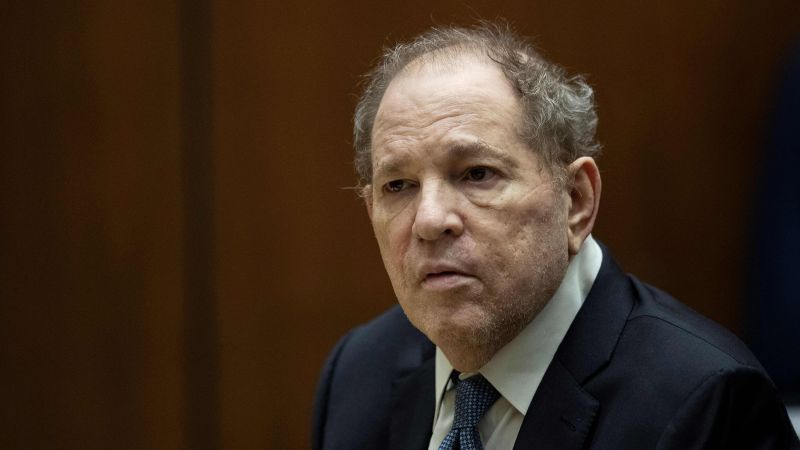
In a shocking turn of events, New York's highest court has overturned Harvey Weinstein's rape conviction from the landmark #MeToo trial. The Court of Appeals ruled that the judge at the trial made crucial errors, including allowing testimony about uncharged, alleged prior sexual acts against persons other than the complainants. This decision means that a new trial will be ordered for Weinstein.
Weinstein was originally convicted in 2020 on felony sex crime charges and sentenced to 23 years in prison. The Manhattan district attorney's office, which prosecuted this case, has pledged to retry Weinstein. However, he is currently serving a separate sentence of 16 years in California for rape and sexual misconduct.
The #MeToo movement gained significant momentum from Weinstein's conviction. The movement aims to raise awareness about sexual harassment and assault, particularly against women in the workplace. The case also highlighted the issue of power dynamics in such situations, as Weinstein was a prominent Hollywood producer at the time.
It is important to note that Harvey Weinstein maintains his innocence and has denied any nonconsensual sexual activity. This development comes after a series of high-profile cases involving allegations of sexual misconduct against powerful figures in various industries, including media, politics, and entertainment.
The Court of Appeals' decision raises questions about the fairness of the trial process and the role that prior bad acts evidence can play in shaping public perception. The use of such evidence has become increasingly common in cases involving sexual assault allegations. However, it is crucial to ensure that these trials are conducted fairly and without prejudice to protect the rights of all parties involved.

